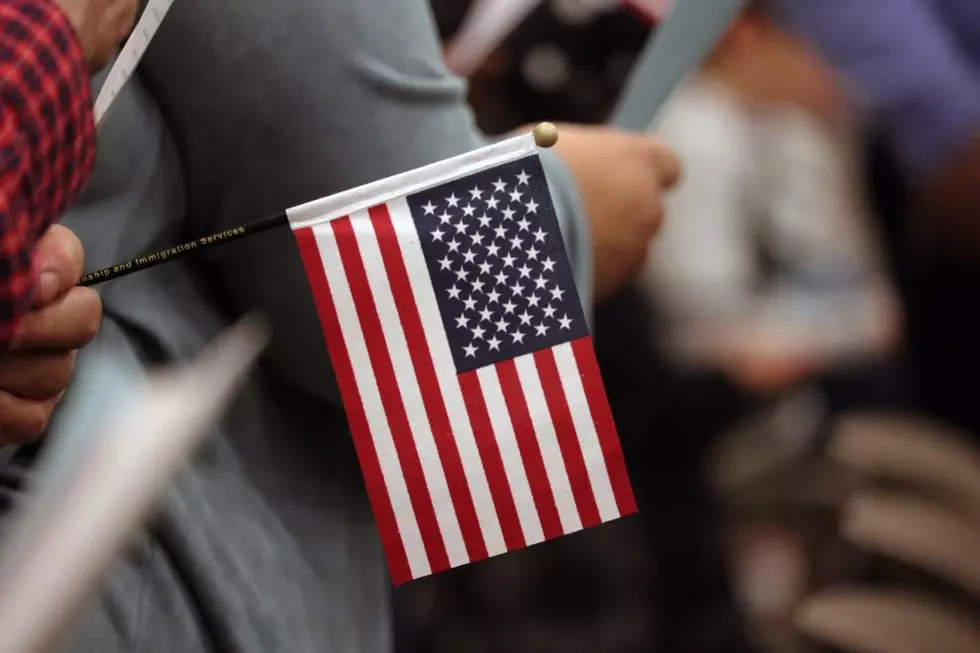
Trump didn’t file for Nevada primary, won’t be on ballot
April Corbin Girnus
(Nevada Current) Donald Trump will not appear on Nevada’s presidential preference primary ballot — a decision made by the former president, not by election officials.
Election administrators in the state’s most populous counties are hopeful voters understand this and will not be surprised when the GOP frontrunner’s name does not appear on the sample ballots expected to begin arriving in in-state mailboxes any day now.
“The only candidates on Nevada’s (presidential preference primary) ballot are those who filed with the Nevada’s Secretary of State’s office to run for president in this election,” read a Clark County press release issued Tuesday. “If a candidate did not file with the Nevada SOS’s office to run in this election, then that candidate’s name cannot appear on the ballot.”
While Clark County did not name names, it is clear who Republican voters might be expecting, but not find.
Trump, Ron DeSantis, Vivek Ramaswamy and a handful of other White House hopefuls did not file to compete in Nevada’s presidential preference primary. Instead, they will face off in a caucus held by the Nevada Republican Party two days after the state-run primary.
The Nevada Republican Party will use only the caucus results to determine who to award delegates to at their national convention.
Former South Carolina governor Nikki Haley is the most prominent candidate to appear on the primary ballot. Although a Nevada win will not secure her delegates, she stands to gain momentum from support in the Silver State.
Former vice president Mike Pence and U.S. Sen. Tim Scott of South Carolina will also appear on the primary ballot. Though both men have suspended their campaigns, they did so after Nevada’s deadline for dropping a name from the ballot.
Some election observers have expressed concern that voters might be confused by the competing events, which happen within days of each other and have different requirements for participation. In a political climate already rife with misinformation and unfounded conspiracy theories, they worry the confusion could further erode people’s trust in the political process.
On their end, county election departments say they are focused on following state law, which requires them to hold the presidential preference primary — even if one of the two major political parties didn’t want it and forced candidates to choose either the caucus or the primary. The law mandating presidential preference primaries was passed by Democrats in 2021.
“Our charge is to run the presidential preference primary and do what we do in every election,” said Bethany Drysdale, a spokesperson for Washoe County.
Lorena Portillo, the registrar of voters for Clark County, struck a similar tone when asked about the potential for confusion.
“What they (voters) see from us will be very familiar,” she said. “It’s an election like the very many we hold in Nevada. It’s just something that is directly for Democratic and Republican candidates.”
She continued, “That’s hopefully the message we’ll continue to share. We cannot get in the way of other messages. We can hold firm to our standardized message.”
The Nevada Republican Party did not respond to the Current’s request for comment about their outreach efforts to members.
Ballots for the presidential preference primary have already gotten to some voters. Deadlines for distributing mail ballots to military, overseas and out-of-state voters was in late December.
The deadline for counties to distribute mail ballots is Jan. 17. Portillo and Drysdale say ballots may be sent to Clark and Washoe residents within days, but by no later than the mandatory deadline.
Portillo said she was unaware of any phone calls or emails from voters to Clark County’s election department regarding Trump’s absence from the Republican ballot, but she emphasized that staff is prepared to explain Nevada election law and direct relevant questions to the state parties.
Drysdale offered some sage advice: “When in doubt, contact your registrar of voters or the secretary of state. As we get into political season, a lot of campaigns send out information and it may be correct but it may not be correct. … Just check with us. The secretary of state and the registrar are the primary sources of information.”
